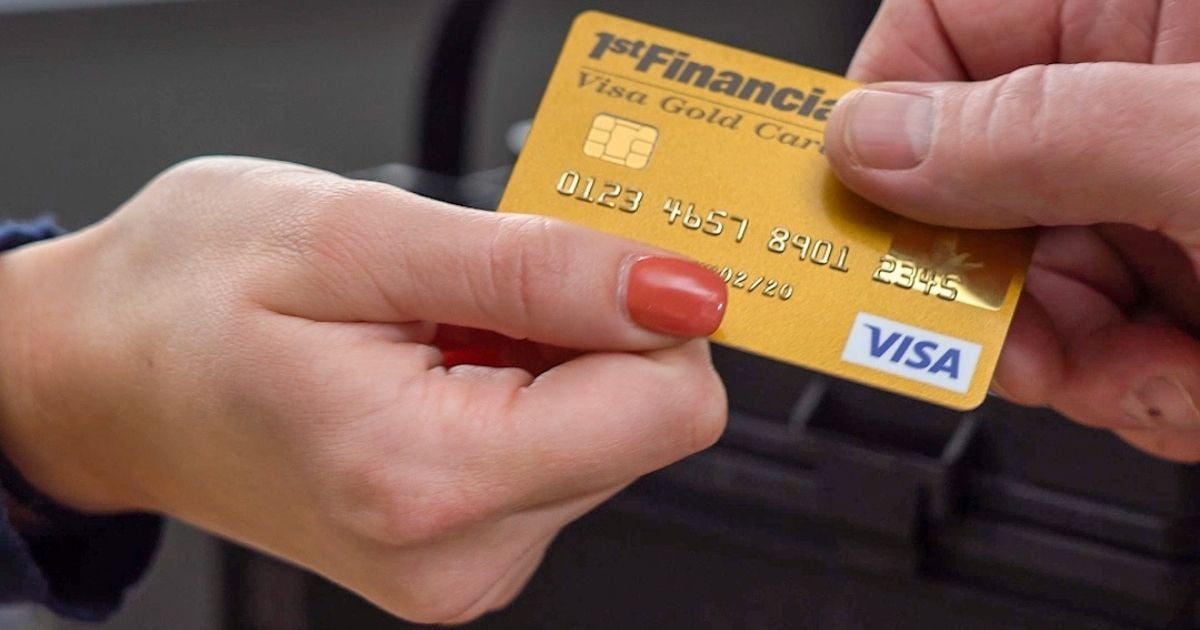- Why Creditcards for College Students Matter
- How Creditcards for College Students Work
- Benefits of Using Credit Cards for College Students
- Tips to Use CreditCards for College Students Responsibly
- Eligibility for Credit Cards for College Students
- Credit Building Timeline for Students
- Common Mistakes to Avoid with Credit Cards for College Students
- The Bottom Line
Credit cards for college students are more than just a payment method—they’re tools for learning personal finance, building a strong credit history, and preparing for future financial responsibilities. Understanding how to use credit cards responsibly during college can set a solid foundation for life after graduation.
Read also: Finance Companies in the UK: 20 Power Players You Should Know in 2025
Why Creditcards for College Students Matter
As a student, you may be unfamiliar with how credit works. Having a credit card introduces you to basic financial principles like interest rates, monthly payments, credit utilization, and debt management. Creditcards for college students help you develop financial discipline while also opening doors to future financial products.
How Creditcards for College Students Work
Creditcards for college students typically fall into two categories: secured credit cards and student credit cards. Here’s a simple comparison table:
| Type of Card | Description | Requirements | Ideal For |
|---|---|---|---|
| Secured Credit Card | Requires a refundable deposit as credit limit | Low/no credit history | Students new to credit |
| Student Credit Card | Specifically designed for students, often unsecured | Proof of enrollment or income | Students with basic income |
These cards usually come with lower credit limits, minimal rewards, and reduced eligibility requirements, making them perfect entry points into the credit world.

Benefits of Using Credit Cards for College Students
When managed properly, creditcards for college students offer long-term financial benefits:
- Build a Credit Score: Establish a healthy credit history early
- Learn Budgeting: Track spending, manage recurring bills, and avoid overspending
- Emergency Backup: Helpful in unforeseen situations like medical expenses or travel
- Earn Rewards: Many student cards offer cashback or reward points
- Upgrade Options: A good history can lead to premium card approvals later
Read also: American Express Platinum Credit Cards Set for Major Upgrade in 2025
Tips to Use CreditCards for College Students Responsibly
Being responsible with your credit card as a student is the key to reaping its benefits:
| Tip | Description |
|---|---|
| Pay in Full Each Month | Avoid interest charges by clearing your full balance |
| Keep Utilization Low | Use less than 30% of your credit limit for a healthy credit score |
| Never Miss a Payment | Set up reminders or auto-pay to stay consistent |
| Monitor Statements Regularly | Review for fraudulent charges and keep tabs on your spending |
| Avoid Cash Advances | These come with high fees and interest |
Eligibility for Credit Cards for College Students
Many banks offer student-friendly options. While most require a minimum income or co-signer, some secured credit cards do not. Here’s what you typically need:
- Age 18 or older
- Proof of college enrollment
- Government-issued ID (passport or driver’s license)
- Social Security number (for U.S.-issued cards)
- Proof of income or co-signer (varies by bank)
Credit Building Timeline for Students
| Activity | Expected Impact on Credit Score |
|---|---|
| First 6 months | Initial credit history established |
| 6–12 months | On-time payments improve credit score |
| 1–2 years | Eligible for low-interest loans or upgraded credit cards |
If you begin using credit cards for college students in your freshman or sophomore year, by graduation, you could have a strong credit profile—qualifying you for auto loans, apartments, and travel cards.
Read more: American Express Gold Card: A Premium Credit Card with Premium Benefits
Common Mistakes to Avoid with Credit Cards for College Students
While credit cards offer many advantages, misuse can lead to serious consequences. Watch out for these pitfalls:
- Only making minimum payments
- Ignoring billing statements
- Maxing out the credit limit
- Applying for too many cards at once
- Missing due dates
Avoid these habits to maintain a healthy financial standing.
The Bottom Line
Credit cards for college students are not just a convenience—they’re a learning tool. By developing healthy credit habits, you can build a credit score that will help you secure loans, rent apartments, and even land jobs in the future.
Use your credit card wisely, and you’ll graduate with not just a degree, but also a solid financial foundation.


